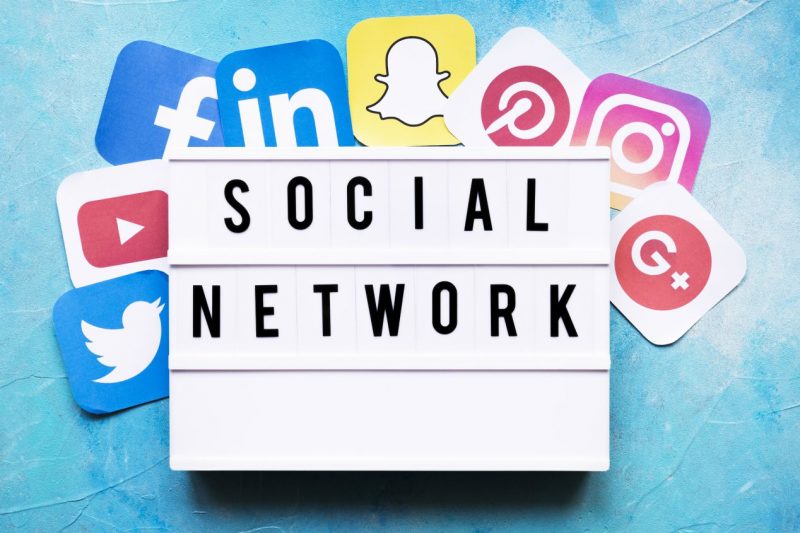We decided to write today’s article being inspired by an incident that occurred with the bestselling author of Likeable Social Media and Likeable Business Dave Kerpen in Vegas. He describes it in his books as follows:
Dave is standing in a line to register at a hotel. It is taking extremely a lot of time and there is no hope for the rest after a six-hour flight and early waking-up. He wants to take off his shoes, take a can of beer from the minibar and stand at the open window watching the idle crowd of Vegas… but his dreams won’t come true. He is standing, waiting and getting angry. When anger overwhelms, he takes a smartphone and sends a ray of evil on Twitter: what the hell is going on?
A minute later another hotel in Vegas responded on his tweet. They do not invite him. They just say with the inherent American politeness: “We are very sorry that your trip to Vegas starts so badly. We hope that everything will be better. Do not be sad, you’re in Vegas!”.
Wonderful, isn’t it?
All his next trips to Vegas Dave spent in the hotel, which responded to him. And when his friends asked where to stay in Vegas, he always recommended his favorite hotel.
That’s how one tweet helped the hotel to earn thousands of dollars. That’s how we should benefit from the work in social networks. Now the details.
Contents
1. Always listen
The secret of a smart Vegas hotel is that they listened. They watched and searched for everyone who was writing something about Vegas and local hotels. And when they found potential customers, they did not advertise, they gave them what they needed – sympathy and attention.
Everyone likes when he is listened to. Listen to the customers. And do not just look for the company name. Look for those who may need your services. And people will speak about you. The tweet “Who can recommend a good lawyer?” is a cry for help, which must be responded by a good lawyer.
2. Communicate
Advertising is based on one-way broadcasting. The social network is on the contrary based on communication. You should listen and sincerely empathize, react and act. As a seller, you are not interested in anyone. Take care of your customers’ problems and begin to help them and not sell yourself. Sincerely asking the customers’ opinions about your work, you’ll find out what they miss. Give it to them. Create a community where your customers will be able to communicate with each other and help new customers. Help them, encourage and thank for participation. It may work well.
3. Quickly reply to the criticism
A deleted comment of an irritated customer may cost you a wave of hatred in the social network. Do not remove criticism. Answer it primarily.
A customer writes: “You bastards! Your product does not work!”. Answer immediately: “This should not happen. Most likely, it is a mistake of our manager. I’ve sent you a private message, let’s solve the problem”. And be sure to solve it.
Offended and outraged customers will turn into your main fan if you not only solve his problem but also add something on. Surprise the customer with a pleasant bonus gift. He and everyone who sees it will be your fans.
4. Do not be fake
We can easily determine the lies and falsehood. False politeness in banks, restaurants, boutiques, and stores is annoying just because it is false. Do not be fake. Instead of hiding your neglect to the customers, get rid of it. Politeness is the icing on the cake. Nobody wants to deal with a bad company with a very polite community manager. Neither politeness nor social networks will help if your employees do not care about the customers.
5. Give people something valuable
It is the final and the golden rule. Write articles, release infographic, create leaflets, shoot tutorials about the area in which you are working. Do this constantly. Share tips with people, give free public consultations and reveal secrets. Nobody needs your advertising. Be helpful.





